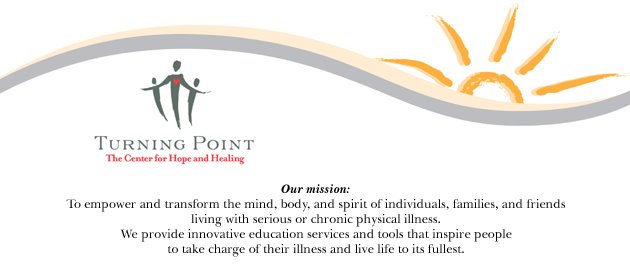Last week I talked about stress and the fight/flight state, how to identify the signs of the state and how to neutralize the negative reactions associated with it.
But, there’s more to think about – namely, humans have an emotional response to everything that happens to them.
Every second of every day, we respond both mentally and emotionally to everything that happens to us. Here is why: everything that happens is processed in the subcortical part of the brain (also known as the limbic system or stream of emotion). Everyone responds in this way; it’s the way humans are wired.
At the base of the subcortical part of your brain is the hypothalamus. The hypothalamus governs the Autonomic Nervous System (fight/flight response) and basic functions of the body. It also controls sympathetic firing – whether or not you go into that fight/flight state.
So an event happens – let’s say a driver runs a red light and narrowly avoids hitting you. Your reaction is processed in the emotional part of the brain. As you silently (or not) curse the other driver’s carelessness your brain is busy. Chances are you found the incident stressful. Your hypothalamus reacts, you go into the fight/flight state and your hands get cold (remember if your hands are cold - and you’re not outside in very cold weather or have a medical condition that causes it - then you are in the fight/flight state).
The above is an obvious example of how you respond emotionally to events. But we also respond emotionally when we are stuck in traffic or grocery lines that are too long – or when we wake up in the morning and realize that our “to do” list is longer than we have time for. Remember we have a mental and emotional response to everything that we encounter.
Reversing the fight/flight state isn’t difficult if you practice self-calming techniques (please see last week’s blog for some simple techniques).
Be aware that there are thousands of different relaxation/meditation techniques. Some will work better for you than others. However, deep breathing is the basis of any relaxation or meditation technique. A good basic book on the subject is called “The Relaxation Response” by Herbert Benson M.D. To read further, go to http://www.massgeneral.org/bhi/basics/rr.aspx.
Next week I’m going write about how stress affects your memory.
Subscribe to:
Post Comments (Atom)

No comments:
Post a Comment